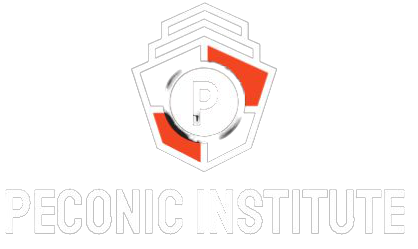The gift of education is invaluable, and every parent wants to ensure their child has the best. Private schools can give your child an academic edge that propels them forward in life, but it doesn’t come cheap. It’s not uncommon for parents of private school students to spend as much as $55,000 a year on tuition. By the time their child graduates and goes off to college, they have already invested well over six figures into their education. You may not live in a good school district, or you might prefer the teaching approach of a particular institution. If you’re contemplating private school for your child, here are a few things to consider and questions to ask yourself first.
Will Their Identity Be Shaped Around Diversity?
Racial segregation, discrimination and disparity among American students is still a major challenge and source of debate among parents and educators alike. During school reopening after the COVID-19 outbreak, Black, Latin, and Asian students were enrolled in remote learning. In most private schools, the student population is predominantly white. Children from affluent backgrounds tend to grow up around others from similar circumstances. This can result in a lack of exposure to other races, which leads to decreased understanding, empathy and harmful stereotyping later on. Growing up in a diverse learning environment teaches children to be more inquisitive, respectful, and tolerant of others’ differences. Even if you teach this in your home teaching diversity in a classroom setting is essential and a way for kids to learn these life lessons.
Do They Need Specialized Support?
From learning differences like autism and ADHD to being academically gifted, a private educational institution may be able to meet their needs better. These institutions also tend to have much lower teacher-to-student ratios, so they are able to provide greater attention and care to each student. For parents whose children’s needs are not able to be met adequately in a public-school setting, private academies may be the best choice. However, it’s equally important to consider the financial burden such an investment can have on the family and whether there are more affordable alternatives, like private tutors and therapists.
If you do decide to enroll your child in a private program, you should think about how the cost will ultimately be returned to you later on. Can you spend this money and comfortably earn it back in your lifetime, or will it challenge you too much financially? One way to consider getting back your investment is by getting a good life insurance policy to sell later. Whole or universal policies accrue a cash value, which you can get back later through a life settlement. You can learn more about the process in an online guide.
Will It Benefit Their Immediate Growth?
Long-term success is important, but you should not let your ambitions for your child’s future distract you from their current development. If they are in grades K-5, the formative years are taking shape, and they need a supportive environment that will help them develop socially, physically and emotionally. Rigorous academic programs and philosophical pedagogies may only have a greater impact on older students. Because the education could largely be the same in younger years, you may wind up spending thousands of dollars for your child to develop the same way they would in a public program. Sometimes, parents are enticed by an institution’s history or mission statement, but what you really have to consider is the actual development of the students. Regardless of how impressive a school’s program sounds to adults, what really matters is how much it helps children grow.
The post Is Private School Worth It? What to Consider Before Sending Your Child appeared first on Mom Blog Society.














